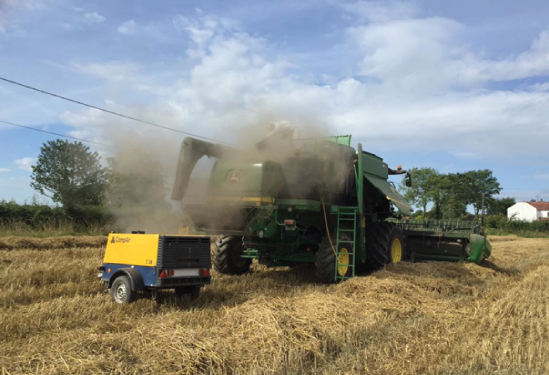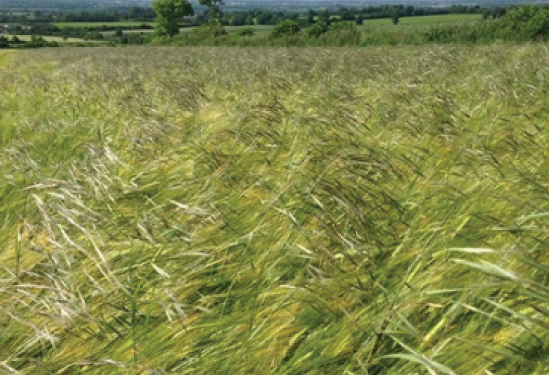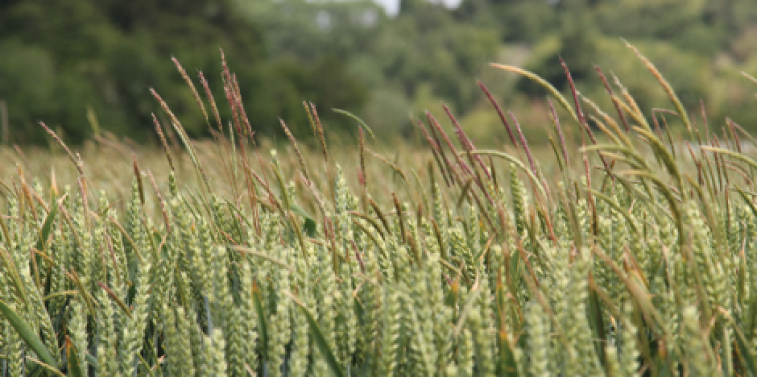Even with the use of Redigo Deter last year, some early sown winter barley crops suffered extreme yield losses from BYDV. September sowing will have to be strongly questioned this year. The oats and rape harvest was progressing well until the break in weather, with good yields reported here. Looking at the forecast, the winter wheat harvest will be delayed for some days. Heavy crops of spring barley are not far behind either.
 GRASS WEEDS
GRASS WEEDS
Grass weed problems have been particularly evident this year, with a number of theories as to the cause, being spoke of. Early sowing, the mild winter and the dry conditions around pre-emergence herbicide application last autumn have not helped the situation this year but the problem has been with us for a number of years now.
BLACK-GRASS
Nearly all Black Grass in Ireland is considered to be resistant to all Graminicides, so an absolute zero tolerance approach must be adopted here. The majority of Black-grass seeds will not germinate from a depth of 5 cm or more, meaning ploughing offers good control. Germination is highest in early autumn, so delayed sowing provides further help. The presence of one plant alone however, in this year’s crop, is a massive problem for next year’s, as each plant produces up to 1000 seeds at 60% viability, ready to germinate in the following crop.
To put this in perspective, if one blackgrass plant grows in every square metre of your field, 6 million viable seeds per/ha are returned to the soil, a winter wheat crop is sown at 3.5 million grains per/ha. Effectively, an October sown crop of wheat could have twice the amount of established Black Grass plants than wheat.
 STERILE BROME
STERILE BROME
This grass weed is well known by now, and the problem is getting worse, with it appearing in more and more fields every year. Control from ploughing to a depth provides variable results, with post-harvest light cultivation to encourage a chit preferable. This can and should be done several times under the right conditions in order to get as many seeds as possible to germinate.
So what is the solution?
- The first step is to confine the issue, clean fields must remain clean. Machinery hygiene and hand rogueing are the tools here.
- Fields with grass weed problems already, namely Sterile Brome, Black Grass and Canary grass, must be identified and recorded. In extreme cases, a switch to spring cropping will need to be implemented. The germination rate of these weeds is much lower in the spring.
- Badly infected fields should be whole-cropped to avoid the seed returning to the soil.
- Maintained grass margins can help with brome control as this weed has a habit of advancing inwards from headlands.
Our agronomists are available to identify Brome and other grass weeds and discuss options going forward. It is best to make a plan now rather than wait for chemical solutions later.



